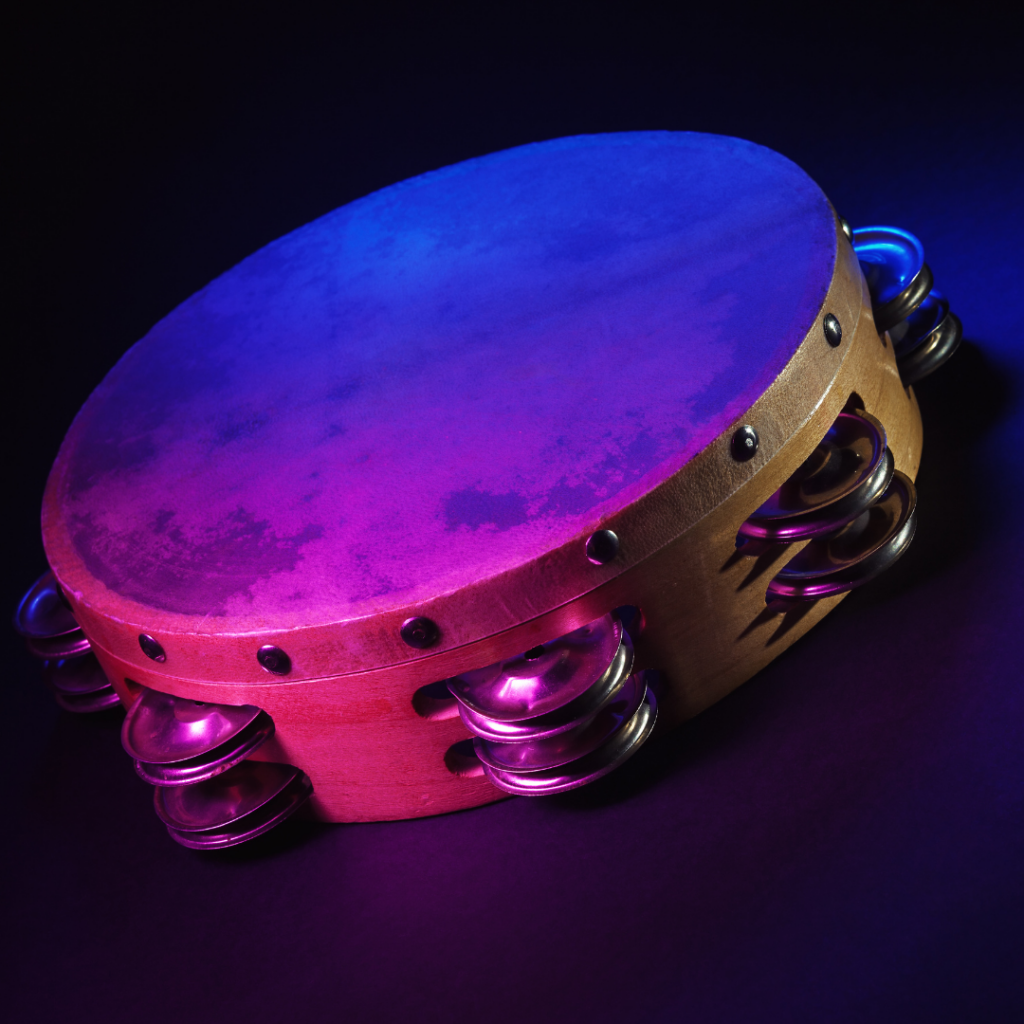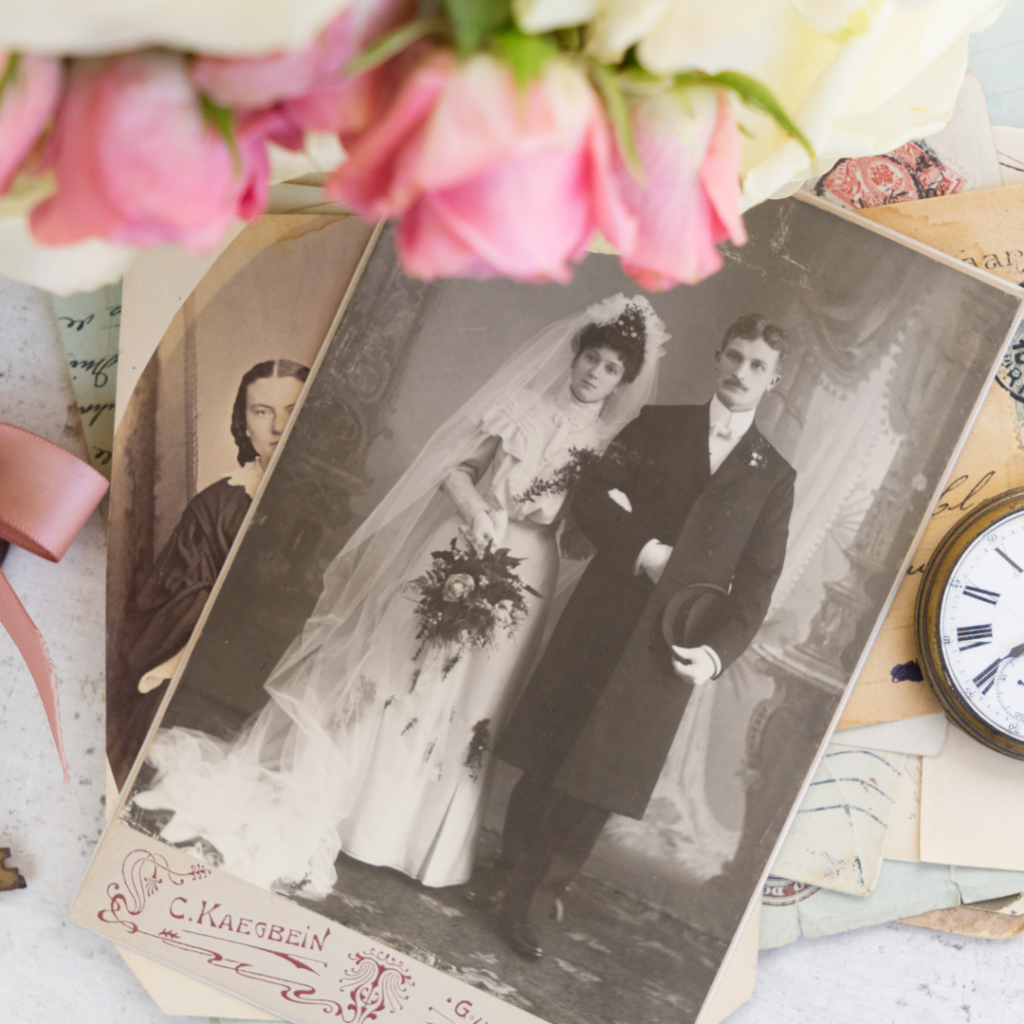Advot End-of-Year Celebration and Poetry Reading

Celebrate our ADVOT community of Jewish writers as we share new work from our fourth anthology!
The Creative Fire of Folklore

Use your family or community’s sayings in poems that explore how the past informs the present. Come prepared to have fun, while trying your hand at techniques for folding both folklore and imagery into poetry that’s at once individual and universal.
Finding Shekhinah

Explore the Shekhinah’s many incarnations in Jewish tradition through text study, discussion, and creative exercises intended to help us examine our ideas about and experiences of divinity, and imaginatively trying out different relations to divine presence.
Finding Shekhinah

Explore the Shekhinah’s many incarnations in Jewish tradition through text study, discussion, and creative exercises intended to help us examine our ideas about and experiences of divinity, and imaginatively trying out different relations to divine presence.
Finding Shekhinah

Explore the Shekhinah’s many incarnations in Jewish tradition through text study, discussion, and creative exercises intended to help us examine our ideas about and experiences of divinity, and imaginatively trying out different relations to divine presence.
Finding Shekhinah

Explore the Shekhinah’s many incarnations in Jewish tradition through text study, discussion, and creative exercises intended to help us examine our ideas about and experiences of divinity, and imaginatively trying out different relations to divine presence.
Honoring Loved Ones in Writing & Art

Now more than ever, we need the wisdom of our ancestors, and creative expression serves as a beautiful avenue for this connection. Join us to explore, activate and express your love and appreciation for the teachers, friends and loved ones who have profoundly influenced your life and to invoke their wisdom within your own.
Honoring Loved Ones in Writing & Art

Now more than ever, we need the wisdom of our ancestors, and creative expression serves as a beautiful avenue for this connection. Join us to explore, activate and express your love and appreciation for the teachers, friends and loved ones who have profoundly influenced your life and to invoke their wisdom within your own.
Honoring Loved Ones in Writing & Art

Now more than ever, we need the wisdom of our ancestors, and creative expression serves as a beautiful avenue for this connection. Join us to explore, activate and express your love and appreciation for the teachers, friends and loved ones who have profoundly influenced your life and to invoke their wisdom within your own.
Honoring Loved Ones in Writing & Art

Now more than ever, we need the wisdom of our ancestors, and creative expression serves as a beautiful avenue for this connection. Join us to explore, activate and express your love and appreciation for the teachers, friends and loved ones who have profoundly influenced your life and to invoke their wisdom within your own.





